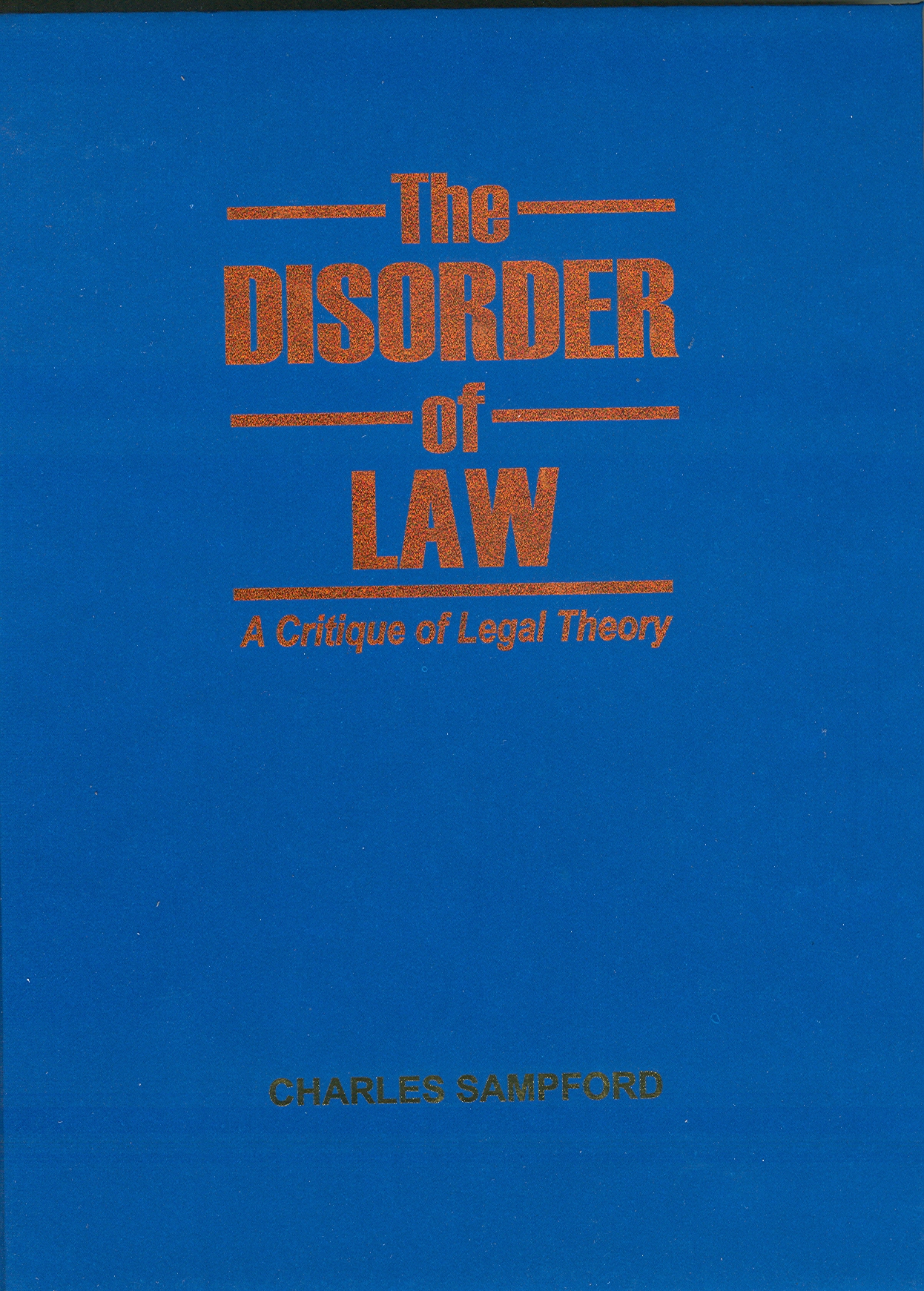|
Tag
|
Ind1
|
Ind2
|
Isi
|
|
001
|
|
|
INLIS000000000002514
|
|
005
|
|
|
20231219093805
|
|
008
|
|
|
231219################|##########|#eng##
|
|
020
|
#
|
#
|
$a 0631154957
|
|
035
|
#
|
#
|
$a 0010-0520002514
|
|
041
|
|
|
$a eng
|
|
082
|
#
|
#
|
$a 340.115
|
|
084
|
#
|
#
|
$a 340.115/SAM/d
|
|
100
|
0
|
#
|
$a Charles Sampford
|
|
245
|
1
|
#
|
$a The Disorder Of Law : A Critique Of Legal Theory
|
|
250
|
#
|
#
|
$a Cet. 1
|
|
260
|
#
|
#
|
$a New York :$b Blackwell,$c 1989
|
|
300
|
#
|
#
|
$a x,283p.;22.5 cm ; $c 22.5 cm
|
|
500
|
#
|
#
|
$a Indeks : Indeks
|
|
504
|
#
|
#
|
$a Bibliografi
|
|
520
|
#
|
#
|
$a The belief that the law forms a legal system is only given real content and prominence by juriprudential theory. So, unsurprisingly, it is to jurisprudential theory that we must turn in order to find any theoretical justification for the widespread view of law as a system. Certainly such theoretical justification are not in short supply. Most writers use the word 'system' freely and describe law in what can clearly be recognized as systematic terms (see chapter1.3). Indeed most theories of law are centred on one of three kinds of legal system (source-based, content-based or function-based). Altough there is almost universal agreement that law forms a system, the kind of system it forms is hotly debated. Each major school of jurisprudential thought offers a different theory of legal system, usually inocompatible whit other theories, which are vigorously critized by their proponents. Indeed there appears to be a shifting majority against each and every type system.
|
|
650
|
|
4
|
$a -Legal Positivism
|
|
650
|
|
4
|
$a -Sociological Jurisprudence
|
|
990
|
#
|
#
|
$a 05804/MKRI-P/IX-2008
|
|
990
|
#
|
#
|
$a 27308/MKRI-P/XII-2023
|
